Flourish Agenda was founded by Dr. Shawn Ginwright and Nedra Ginwright in 1989 with a mission to educate African American youth for personal and social change. Flourish Agenda equips schools, teachers, and youth service providers with curricula, training, and tools based on their Radical Healing model to provide transformative learning experiences to urban youth.
In partnership with San Diego State University, the founders launched Camp Akili, a summer motivational and leadership camp for African American high school students that offers interactive exercises that teach participants to identify and solve problems stemming from social inequality in their communities. A nationally recognized program, Camp Akili serves as an intensive healing camp for teens who have experienced trauma through the effects of racism, sexism, internalized oppression, and economic disenfranchisement. The camp’s curriculum promotes peer learning, youth leadership, and conflict resolution while allowing participants to experience psychological, emotional, and spiritual healing.
Over the following decades, Flourish Agenda launched additional programs including the Akili Fellowship Program, a three-month intensive program that provides formal training in the principles and practices of the Radical Healing model used at Camp Akili and offers 60 hours of applied experience for participants through working at the camp.
After twenty-five years of success, in 2014 Flourish Agenda engaged in a design thinking process to reimagine the organization and its plans for future development. The organization’s leadership had recognized that despite achieving measurable impact, the organization’s direct-service model may no longer be sustainable or scalable. Flourish Agenda sought to transform into an intermediary organization that uses a spread strategy to package their Radical Healing model and trains other institutions across the country to integrate it into their programming. Impact Catalysts (through its predecessor firm, Root Cause) guided Flourish Agenda through a strategic planning process to develop a spread strategy to scale its impact and build the organizational capacity to establish a fee-for-service model by licensing the tool to schools and other institutions to help the organization achieve financial sustainability over the next three to five years.


